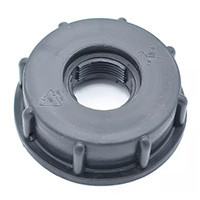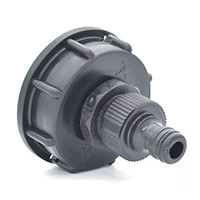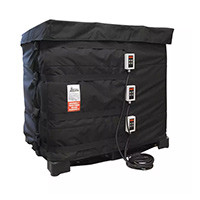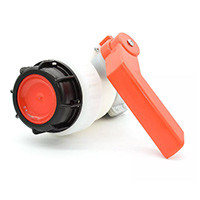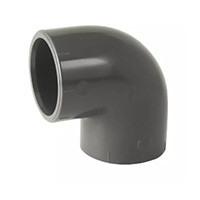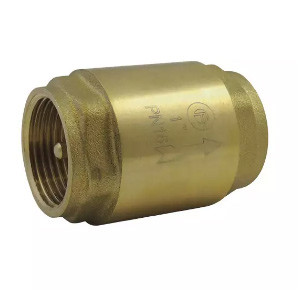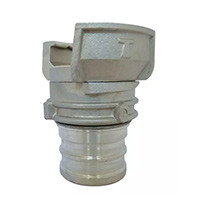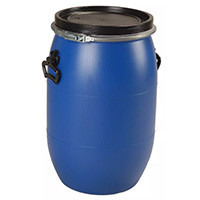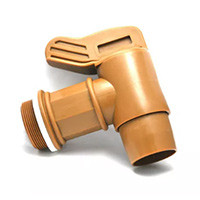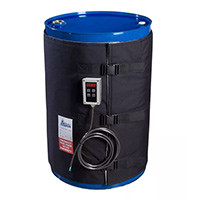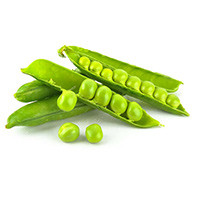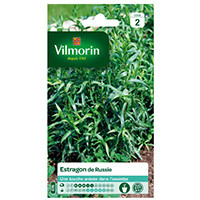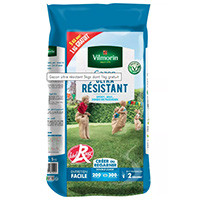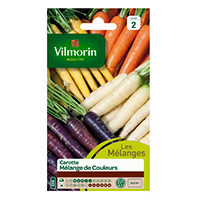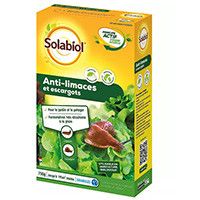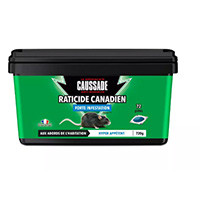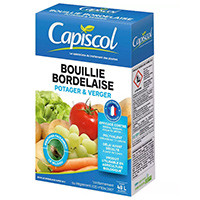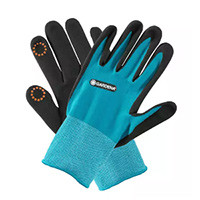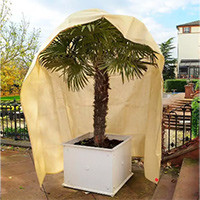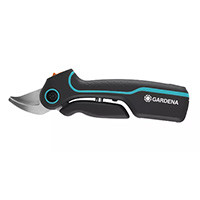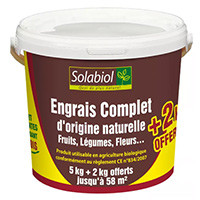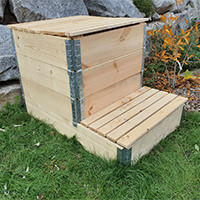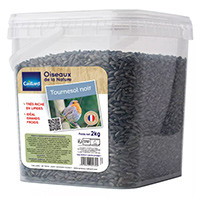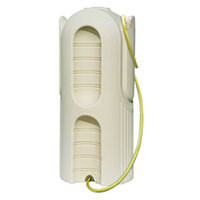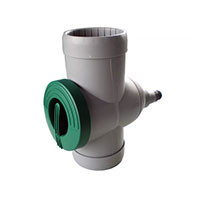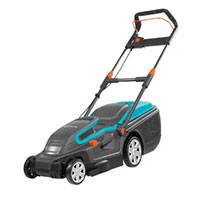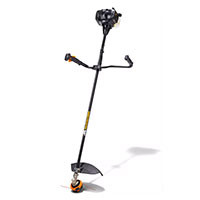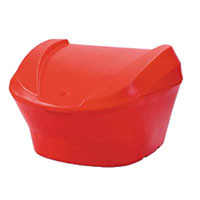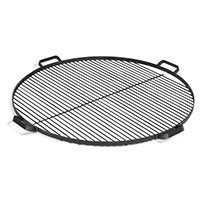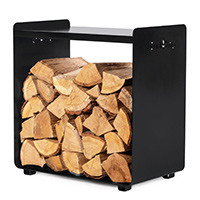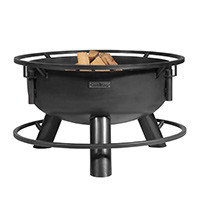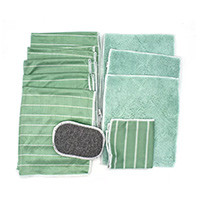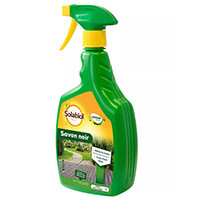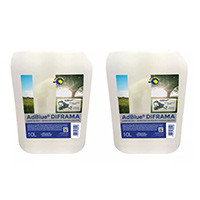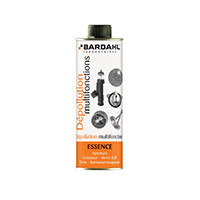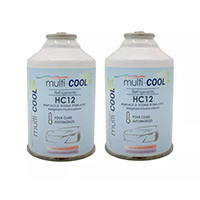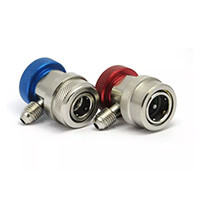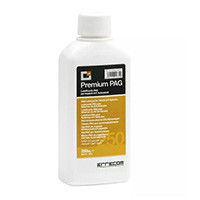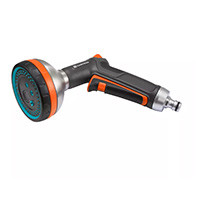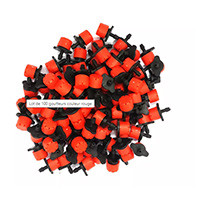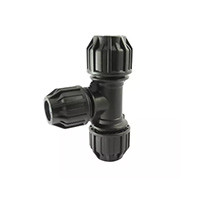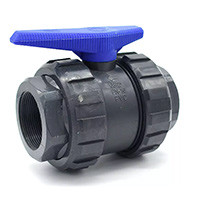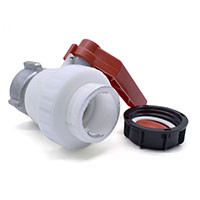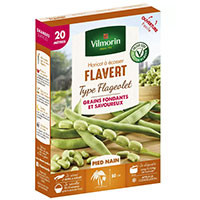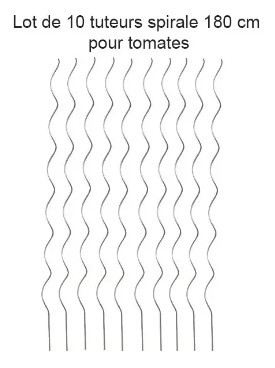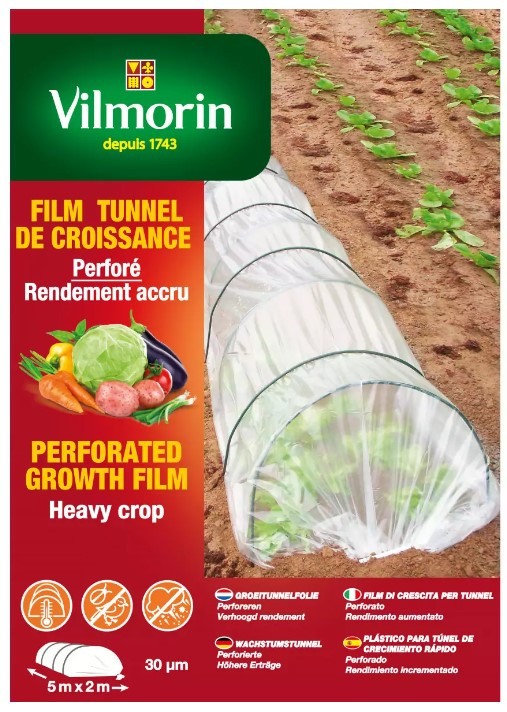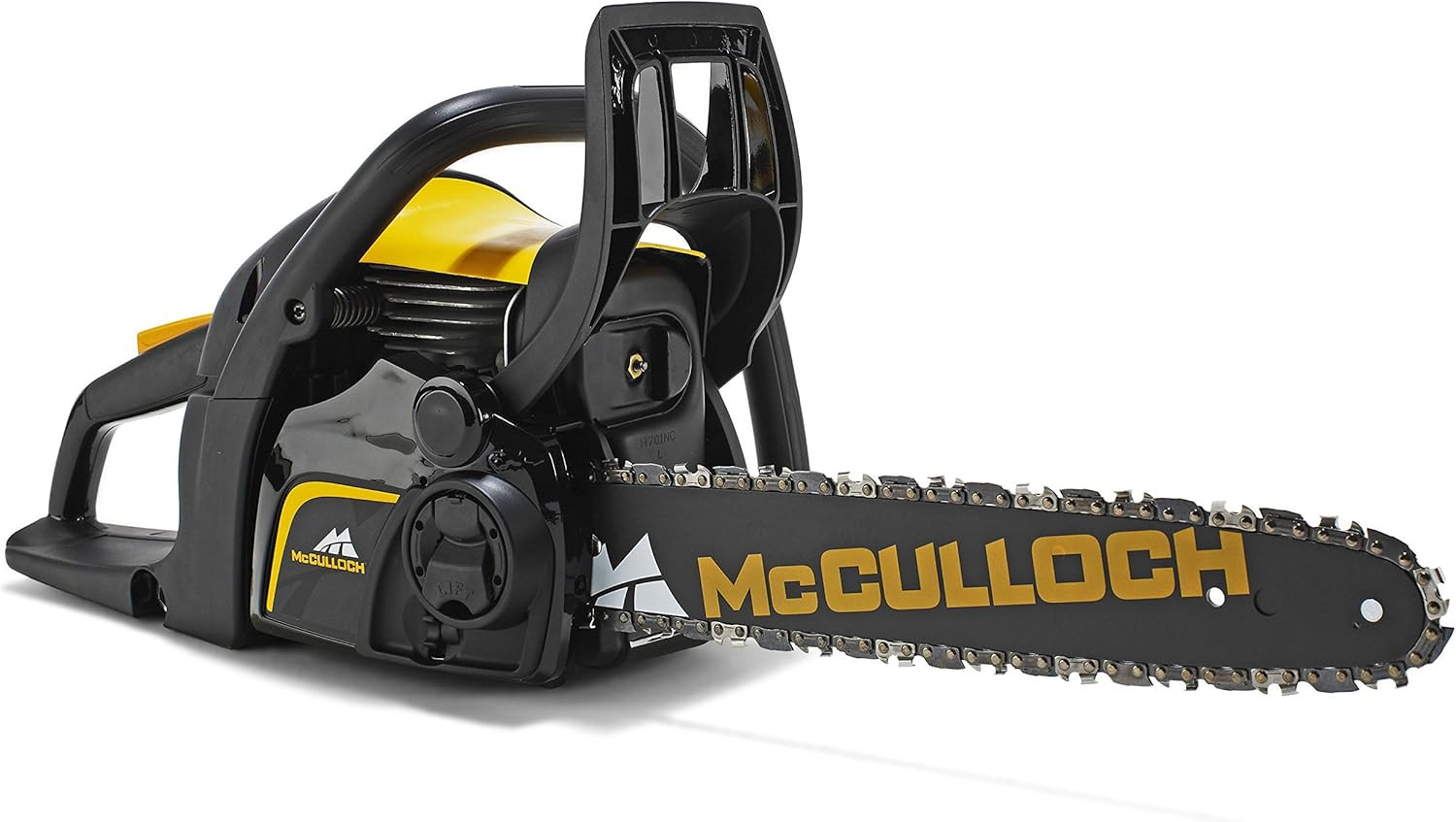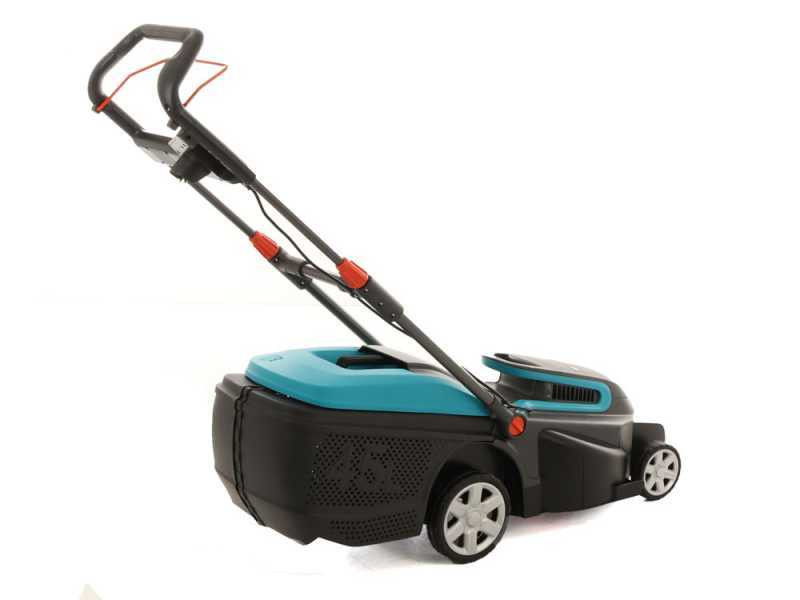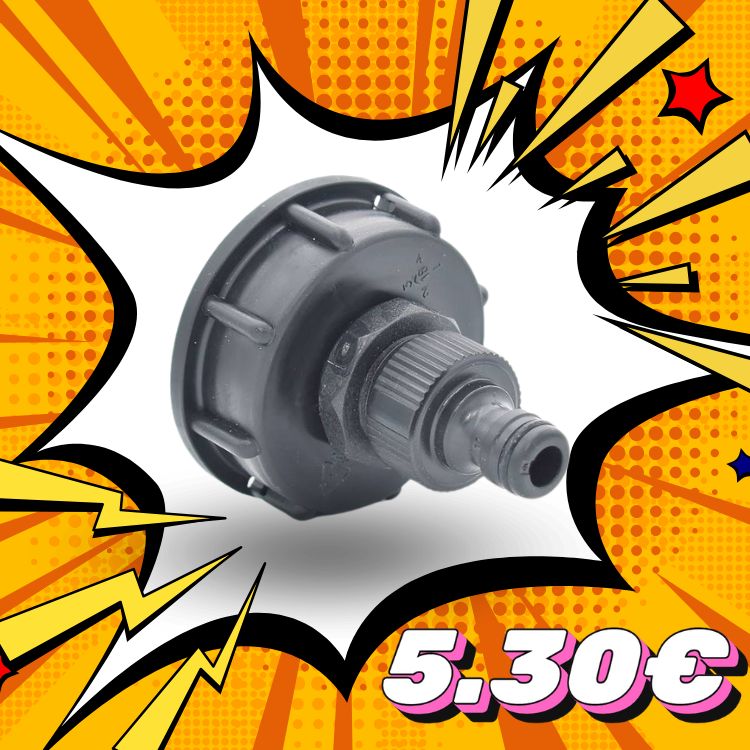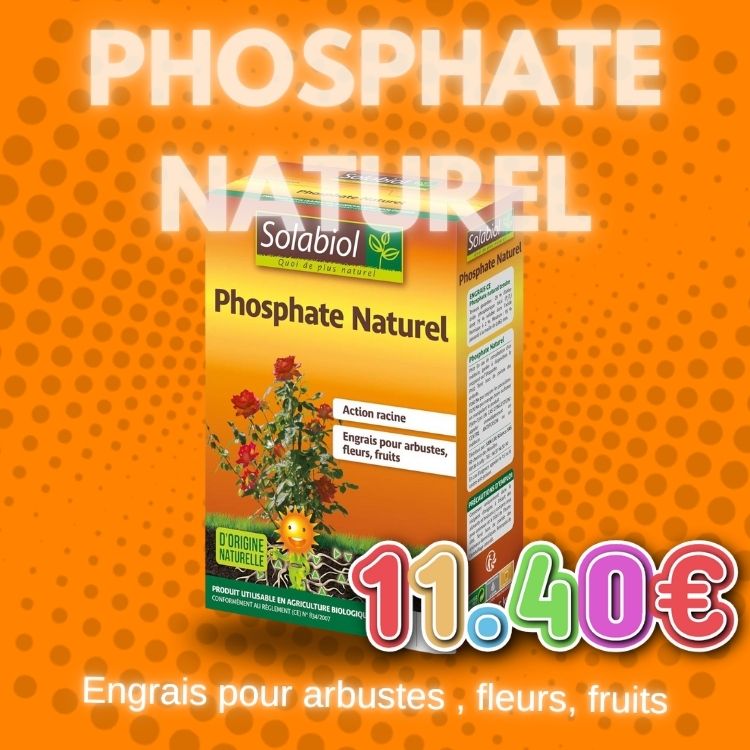How to make compost well?
In theory, making compost is quite simple: you put the organic waste in a container, wait a few weeks and recover compost. In practice, it doesn't work exactly like that. Or let's say that if the principle is this one, there are still small things to know so that everything goes well and within a reasonable time. We have therefore concocted for you the following article to guide you in this ecological enterprise essential for the future of our beautiful planet.
Getting started
Where to start? First of all, you need to choose the composting method that suits your situation. Apartment or house? Small garden or large plot? What to choose?
For those who live in rural areas and have space, composting in piles is quite possible and often proves to be the best solution.
For small and medium-sized gardens, the compost bin is the solution to consider. There are different sizes and with diverse and varied aesthetics. Make your choice according to your tastes of course, but also considering the amount of organic waste produced by your family.
Try to evaluate how long it will take for you to fill the said composter and also what place it will take in your garden. Careful! Remember that the composter must be directly on the ground in order to interact with the soil.
An important thing to know is that a well-made compost has absolutely no smell. So be fearless at that level.
Also try to place it in a place alternating periods of shade and sun, this will greatly facilitate the decomposition of waste.
Once you've determined the model you need and its ideal location, you're ready to get started!
Avoid mistakes
Between people who put absolutely everything in the compost and those who think for long minutes and consult multiple documents before throwing a simple peeling of this or that, there is a happy medium.
In a simple, but very fair way, it is said that a good compost consists of as much green as brown.
What does this mean? On the side of the green elements, we find everything that is wet such as fruit and vegetable peelings, coffee grounds, and leftover meals. And the team of browns for its part consists of dead leaves, twigs, wood chips, but also newsprint and cardboard (not waxed!).
Ideally, we try to alternate a layer of green, a layer of brown, a layer of green, a layer of brown and so on.
Are absolutely forbidden composting: all kinds of plastics and metal as well as fabric. For example, if you want to throw away a tea bag, that's fine, but you would have to remove the staple if there is one, or you will find it intact in your compost on arrival. The same goes for table waste. When emptying plates, make sure that a yogurt package or bottle cap has not slipped under orange peelings.
To answer an often asked question: yes, eggshells can go into the composter, but it is very strongly recommended to crush them before.
And one thing that is rarely reported but that is good to know: corn cobs break down very slowly. Don't place too much of it in your compost pile or spread them out if you have multiple composters, or better yet, cut them into small pieces.
Accelerate decomposition
Even if you follow the instructions mentioned above, you may find that your compost does not transform very quickly. There can be several reasons for this. It may be an aeration problem. This is because organic elements need air to decompose.
Depending on the configuration of your compost, turn your compost pile over with a fork or, on the composters, open the fins to let in more air for a few days until the decomposition accelerates a little. Each composter is different and it is over time that you will learn how to increase or decrease aeration depending also on the weather.
To compost well, despite the indications mentioned in this article which are a very good basis for a successful compost, there is no secret, you have to try and experiment. This is due to the wide variety of organic waste and the infinity of particular configurations in which each person composts.
Conclusion
If you live in an apartment, do not lose out, there is a solution for you: vermicomposting where cute little earthworms take care of transforming your waste. The two-storey tray can be placed on a terrace, balcony and even inside. No smell emanates from it. Don't wait any longer, start composting, the planet needs our help.

